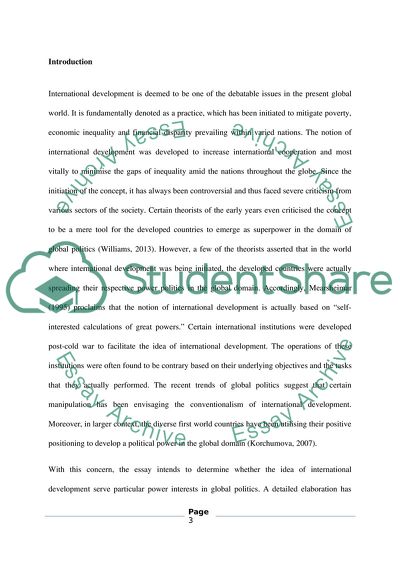Cite this document
(“Does The Idea Of International Development Serve Particular Power Admission/Application Essay”, n.d.)
Does The Idea Of International Development Serve Particular Power Admission/Application Essay. Retrieved from https://studentshare.org/social-science/1655518-does-the-idea-of-international-development-serve-particular-power-interests-in-global-politics
Does The Idea Of International Development Serve Particular Power Admission/Application Essay. Retrieved from https://studentshare.org/social-science/1655518-does-the-idea-of-international-development-serve-particular-power-interests-in-global-politics
(Does The Idea Of International Development Serve Particular Power Admission/Application Essay)
Does The Idea Of International Development Serve Particular Power Admission/Application Essay. https://studentshare.org/social-science/1655518-does-the-idea-of-international-development-serve-particular-power-interests-in-global-politics.
Does The Idea Of International Development Serve Particular Power Admission/Application Essay. https://studentshare.org/social-science/1655518-does-the-idea-of-international-development-serve-particular-power-interests-in-global-politics.
“Does The Idea Of International Development Serve Particular Power Admission/Application Essay”, n.d. https://studentshare.org/social-science/1655518-does-the-idea-of-international-development-serve-particular-power-interests-in-global-politics.


